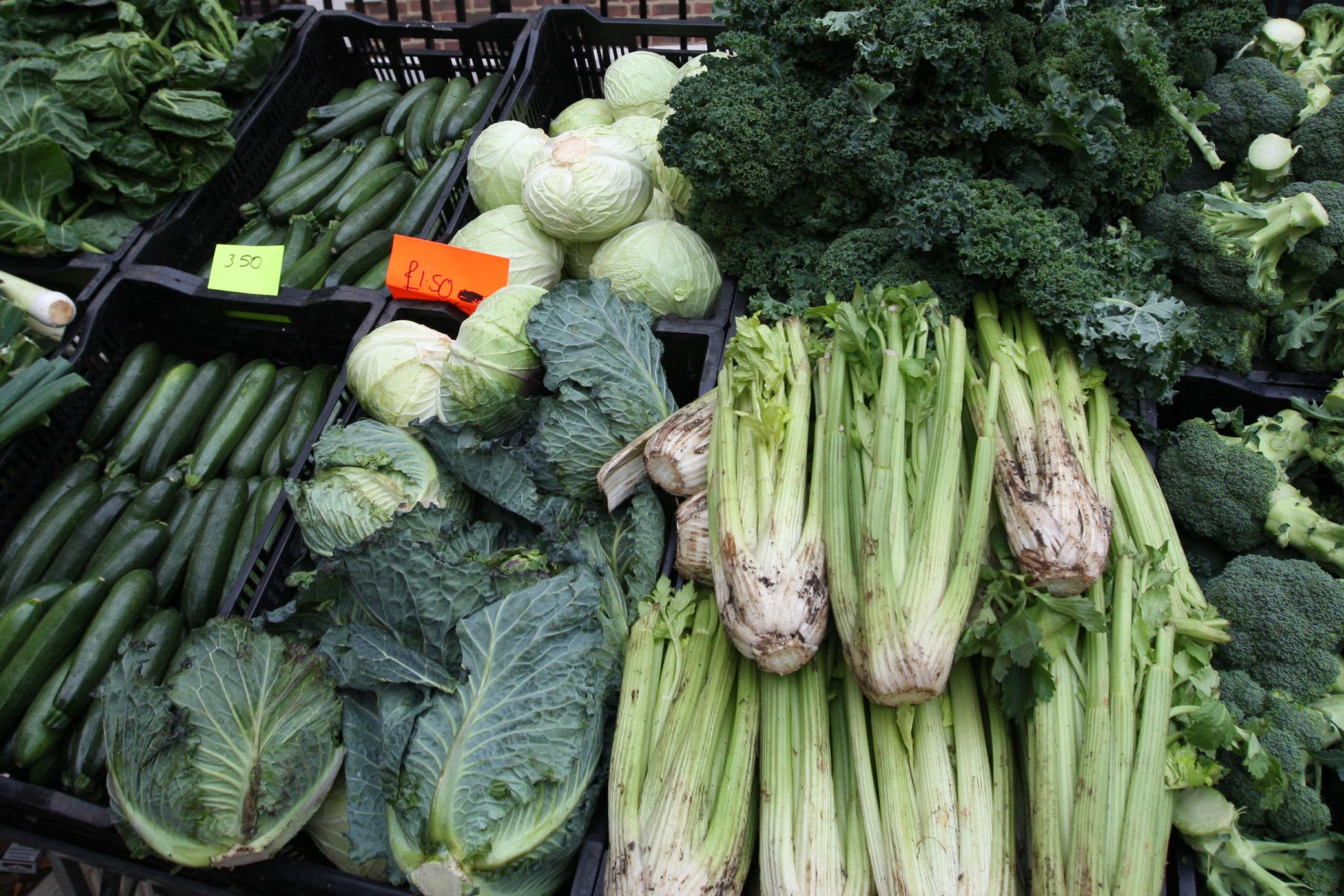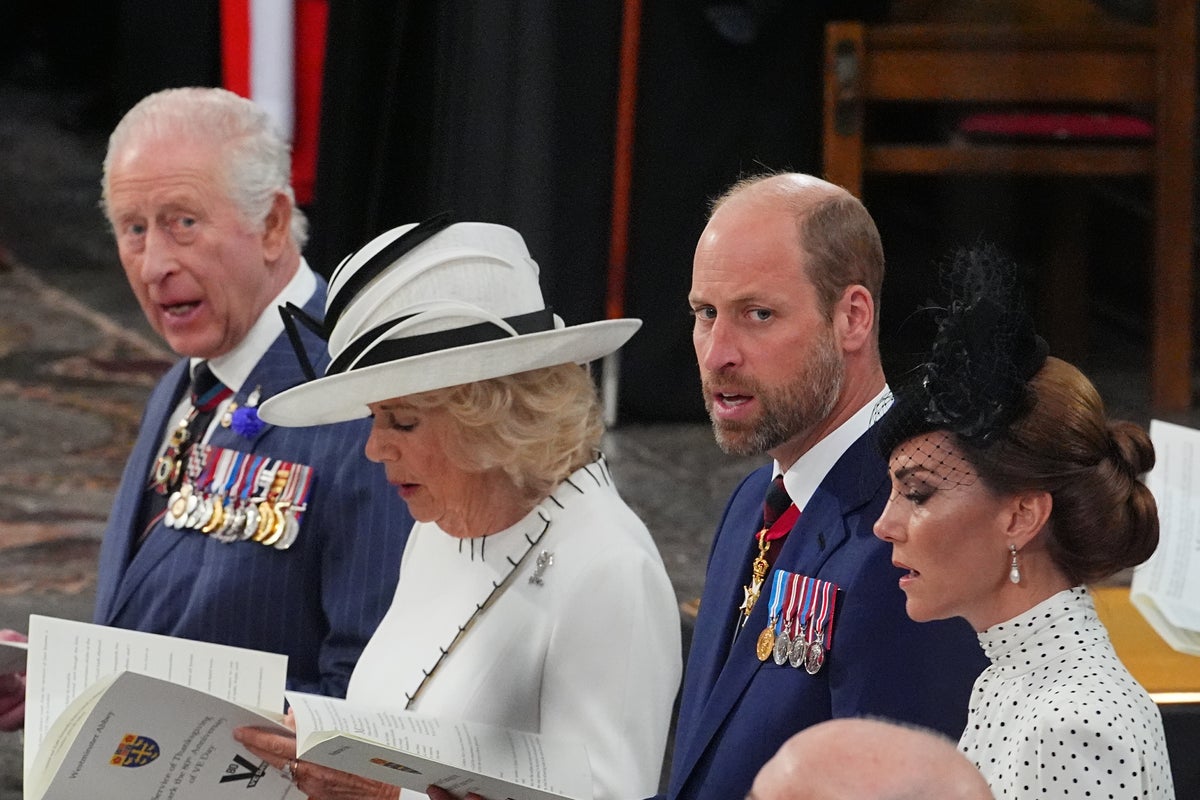ARTICLE AD BOX
Naga Munchetty has explained how eating two types of vegetables a day has contributed to her living a healthy and happy life.
Having never cared about ageing in the past, the 50-year-old TV presenter reflected on her most recent birthday explaining how “it didn’t feel scary.”
She continued: “I'm alive, I'm relatively healthy and I'm happy and that's all that matters. There is no existential crisis."
While discussing her forthcoming book, It’s Probably Nothing: Critical Conversations on the Women’s Health Crisis, the journalist has been vocal about her health conditions and admits to not living the healthiest life.
Munchetty accredits the advice to her mother, who “instilled” eating two types of vegetables a day upon her from a young age. Now, the TV and radio presenter lives on spinach and broccoli.
"I use cheap pharmacy-bought moisturiser and I don't live the healthiest life," she revealed to My Weekly magazine. "But, my mum instilled in me the need to have two veg a day, and that's always stuck with me. So, I live on spinach and broccoli."

Leafy greens, including spinach and broccoli are known for being health powerhouses in boosting immunity and containing rich vitamins.
A study funded by World Cancer Research Fund, and co-led by Dr Konstantinos Tsilidis from the School of Public Health at Imperial College London suggests that increasing the intake of folate (which can be found in leafy greens) helps reduce the risk of colorectal cancer by up to 7 per cent.
Matt Lambert, nutritionist and health information manager at World Cancer Research Fund, said: “A healthy diet based on vegetables, fruit and wholegrains can help reduce cancer risk. Folate – which is found in green vegetables like spinach and broccoli, has not only been linked to reduced bowel cancer risk but also supports our overall health if eaten regularly.”
Similarly, research published in the US National Library of Medicine shows that a daily serving of leafy greens increases cognitive functioning. Regularly consuming these vegetables can lead to having a mental age of 11 years younger than those who skip them.

For optimal brain health, Kimberley Wilson, psychiatrist and author of Unprocessed: How the Food We Eat Is Fuelling Our Mental Health Crisis, advises a diet rich in dark greens including kale, spinach, rocket and lettuces, highlighting: “the darker the green the better”.
On Davina McCall’s Begin Again podcast, the expert discussed the benefits of green superfoods on brain health, mentioning a study looking at nutrients in brain samples “found that the levels of nutrients associated with leafy greens were 50 per cent lower in the brains of people who died with healthy brains.”


.png?trim=44,0,45,0&width=1200&height=800&crop=1200:800)






 English (US) ·
English (US) ·